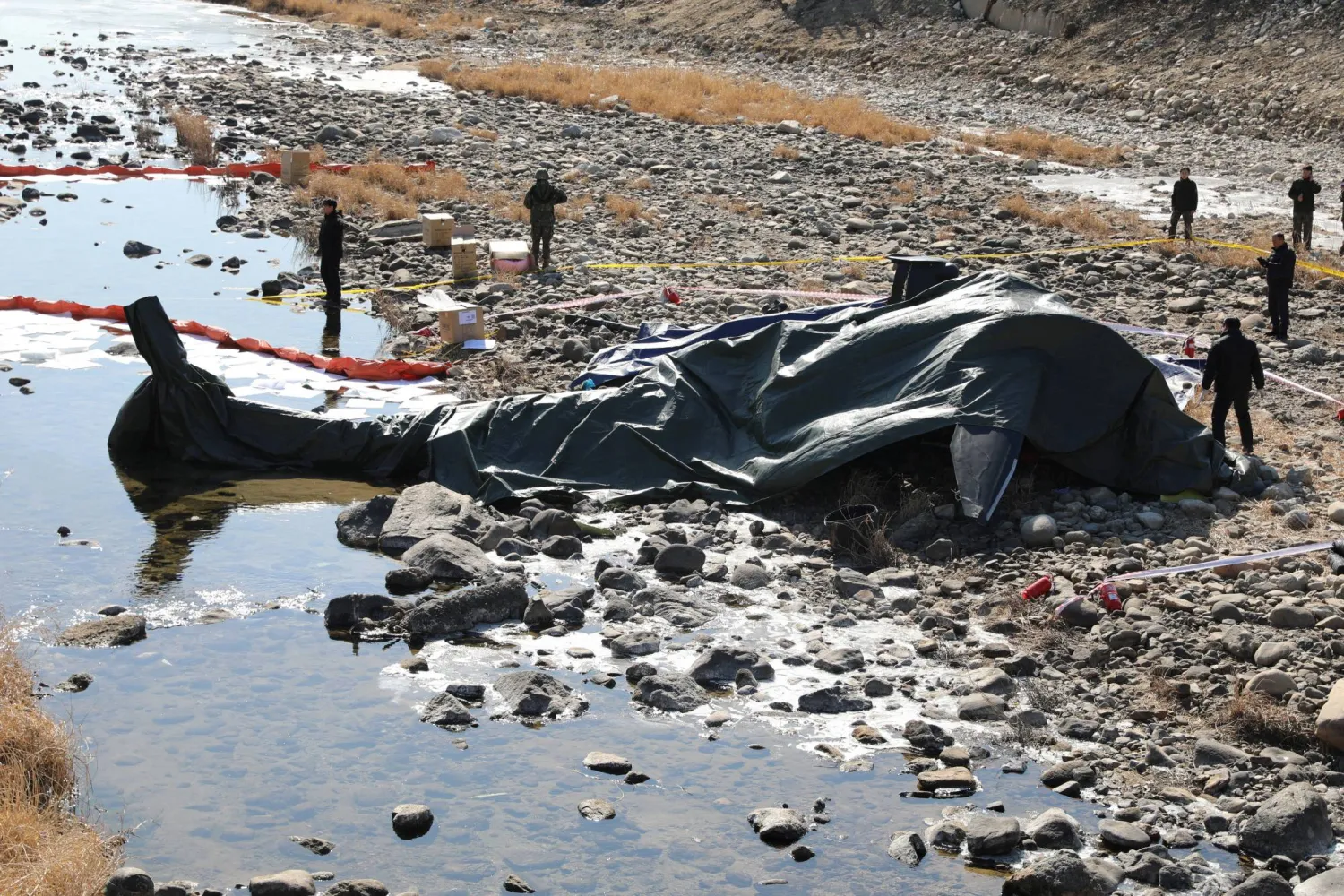A former Iranian prison official accused of handing out death sentences during a 1988 purge of dissidents testified for the first time on Tuesday in a landmark trial in Sweden.
Hamid Noury, 60, denied the presence of political prisoners in Iran during the mass executions in the late 80’s, stressing that “prisoners belonged to groups.”
According to the lawyer for the civil plaintiffs, Kenneth Lewis, Noury’s testimony “lacks credibility.”
In statements to Asharq Al-Awsat, Lewis said that the defendant’s complete denial of any violations in Iranian prisons is not only a “fairy tale” but also “absurd.”
“He says he wasn’t there, but we have 58 people who say he was,” Lewis stated.
“The whole world knows that there have been human rights violations in Iranian prisons since the eighties,” he added.
While not accused of directly carrying out any of the killings, the prosecution has alleged that Noury’s participation included handing down death sentences, bringing prisoners to the execution chamber and helping prosecutors gather prisoners’ names.
Noury has rejected the charges.
He has been on trial in Stockholm's district court since August on charges including murder, crimes against humanity and war crimes.
They stem from the period between July 30 to August 16, 1988, when he was allegedly assistant to the deputy prosecutor of Gohardasht prison in Karaj, near Tehran.
He tried to show a completely different image of Iranian prisons. In his plea, Noury said there were no torturing acts in Iranian prisons.
But throughout the interrogation, he admitted that the prisoners were flogged, stressing that it was “a standard punishment in Iran, not torture.”
He added that prisoners’ trials lasted “10 minutes or more.”
Prisoners were allowed to present evidence and documents, and the trial’s period was based on the quality of the evidence,” he said.
Although he denied working at Gohardasht prison and stressed he only worked as a guard in Evin prison, Noury later said he once went on a mission to Gohardasht, without giving further details.
“Iran’s intelligence has dictated Noury his testimony,” MEK spokesman Shahin Gobadi told Ahsarq Al-Awsat, adding that the defendant is “covering up all the crimes he committed with the Iranian regime over the past years.”
The Swedish trial has already heard testimony from several witnesses, including from members or ex-members of the MEK.









